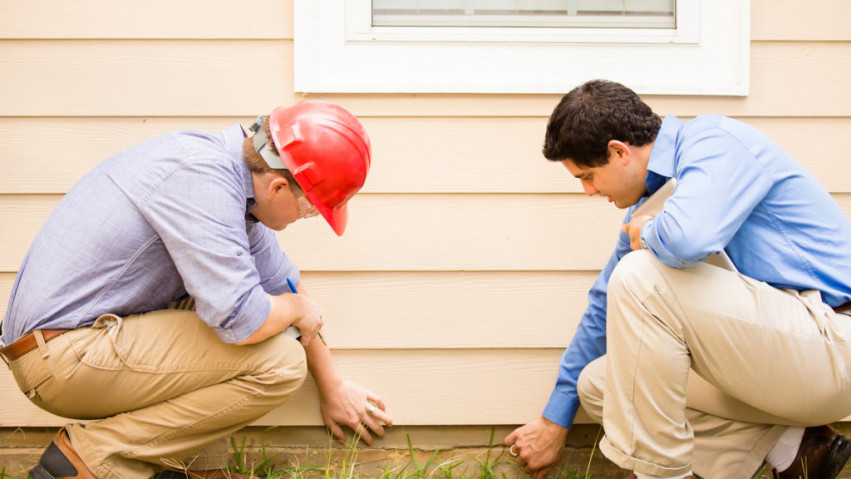Home Inspection Tips That Could Save You Thousands

Kasby Real Estate Group
Home inspections can be difficult and stressful to navigate, but they are crucial for both homebuyers and sellers. For buyers, overlooking flaws now could result in thousands of dollars in repairs down the road. For sellers, failing to know potential problems could devalue your home, cost you extra in repairs, or send you back into negotiations.
To help you successfully navigate your next home inspection, here are some common home inspection questions and answers that could save you thousands down the road.
Should I get a home inspection before I list my home on the market?
Yes. According to Bryan Kirkham, an inspector with Utah Property Inspectors, having a home inspection before you list your house on the market will help you understand the condition and value of your property.
In addition, having a pre-listing home inspection will help you identify and address problems that could impact the sale of your home later on. Doing repairs ahead of time can help you save money by giving you time to compare prices and increase your home value.
If you are considering a pre-listing inspection, be sure to pay attention to red flags and common inspection problems. Knowing about these expenses before putting your house on the market can help you create a budget and lessen stress when you are ready to sell your home.
What are some common inspection repairs I should expect or pay attention to?
As a buyer or a seller, never expect a perfect home inspection. Whether you are moving into a brand-new home or a fixer-upper, expect repairs.
Some common inspection problems include:
- Roof repairs: Since most homeowners are not regularly climbing onto their roofs to do a thorough inspection, there are often minor repairs or problems that get overlooked over the years.
- Water damage: Homeowners often pile cleaning supplies beneath kitchen or bathroom sinks, and these items make it difficult to notice leaks or water damage.
- Grading problems: To avoid damage to your foundation, you should make sure your landscaping slopes away from your home. If not, water will pool around your foundation and cause damage.
- Clogged or short rain gutters: Just as it’s important to make sure your yard slopes away from your home, you want to extend your rain gutters so you can divert water away from your foundation. Investing $15 to $20 now in extending your rain gutters could save you thousands of dollars in foundation repairs down the road.
- Defective smoke detectors or wiring problems: Though common, outdated wiring or defective smoke detectors are a safety hazard for homeowners. Be sure to pay attention and ask questions about these items while walking through with a home inspector.
What are some home inspection red flags?
While no home inspection comes back with a perfect score, you might wonder, what are deal-breakers or major red flags I should watch out for?
The common problems listed above can range from moderate to severe depending on how early the issue was noticed and addressed. A little mold beneath your sink is very different from water damage that has compromised the integrity of your floors or cracked your foundation. With that in mind, here are some red flags to look out for:
- Termite or pest infestations
- Major water damage and drainage issues
- Wire and electrical issues (which pose a fire hazard)
- Brittle shingles or a leaking roof
- Ventilation issues (which can impact health)
- Pervasive mold (which can impact health)
- Plumbing problems
- Cracked or faulty foundations
- Structural damage
- Code violations
These are often costly fixes that you don’t want to miss as a buyer or seller.

Should I consider having a home inspection on a newly constructed home?
“Of course,” responds Kirkham. “Those houses have never been lived in . . . the bugs have never been worked out.” Kirkham shares that he will often catch inspection problems on newly constructed homes that need to be addressed right away.
As a new homeowner, you want to catch those issues before you move in so they don’t result in costly damages years later, Kirkham says.
He continues, “It saves the sellers from having a problem when they go to sell it.”
Recommended Reads
We’re Here to Help
As experts in the Utah County market with years of experience, we’re here to answer any questions you may have. Let’s chat so we can help you make better decisions during the buying or selling process!